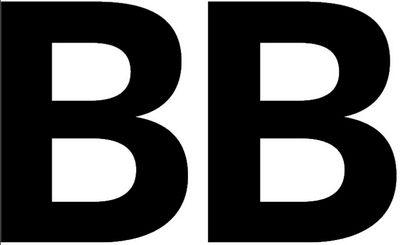Under Sergio Marchionne’s leadership, FCA decided to sit back and wait. While their competition poured money into the development of electrified vehicles, FCA was content to do the bare minimum. They checked the boxes to meet regulations, but didn’t go any further.
At this point in time, it seems to be a brilliant decision. Gas prices are low, regulations in the US aren’t progressing, and consumers have been slow to pay the increased sticker price that comes with a hybrid or battery electric vehicle. So as other companies are finishing off their stipend allowance, FCA has been able to learn from the collective development in the industry and make an informed decision about what their future portfolio will look like.
This strategy has widely been attributed to the strategic foresight of Marchionne, which I agree with to some extent. But it’s dangerous to make a firm judgment without first considering two points:
- This strategy seems brilliant at this point in time. There’s no guarantee that this will be the case in the future. Gas prices could sky rocket tomorrow or consumer adoption could suddenly speed up.
- These types of predictions always contain a degree of uncertainty, or luck. Marchionne couldn’t have known that Trump would become President, just like no one could’ve predicted how far gas prices would drop with a high degree of certainty.
This isn’t to dismiss the planning and strategy put in place by FCA, but rather to acknowledge the uncertainty in our world. It’s very hard to judge the success of any person or entity based on the results of a single situation. Particularly when the decision point is an arbitrary place in time.
-Brandon
